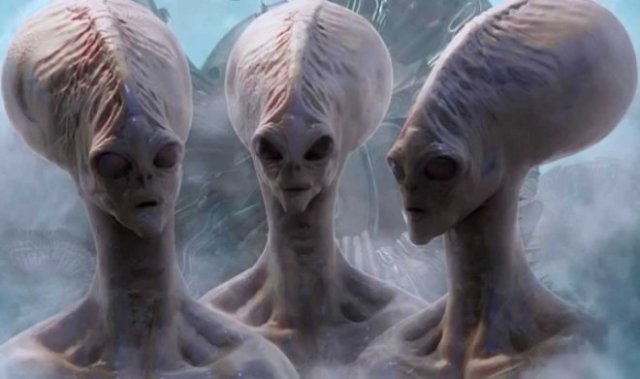
Aliens
It is not so important when exactly we will find life outside the Earth, and whether we will find it at all, a much more pressing and complex question is how do we respond to it? No matter what scenario the first contact with the inhabitants of other planets unfolds, the very fact of their existence can shake our worldview. To better understand this issue, NASA has resorted to the services of clergymen of different religions.
As it became known to the journalists of The Times, in 2016 NASA launched the program "The Societal Implications of Astrobiology", for which a group of 24 theologians gathered at the Center for Theological Studies in Princeton. During the year, they studied the real and supposed features of the encounter with unearthly life and tried to simulate the reaction of believers to it. Nevertheless, the vast majority of the world's population professes one of the many religions, so the opinion of such a significant number of people must be taken into account. Questions were raised quite acute, such as whether the theory of the creation of the world and man himself by God in his own image and likeness would have to be revised. If the aliens turn out to be intelligent, can they have a soul and an afterlife? And if they have their own version of religion, or something similar, how do we react to this? Won't it be necessary to revise the canons of beliefs and won't this provoke problems with believers? According to the results of the program, it turned out that neither Christians, nor Muslims, nor Jews definitely saw any problems in detecting extraterrestrial life. As the theologians themselves explained, a significant part of believers belong to reasonable people who lead a secular lifestyle, and therefore can separate one from the other. And they will certainly be able to establish contact with aliens, if necessary.


